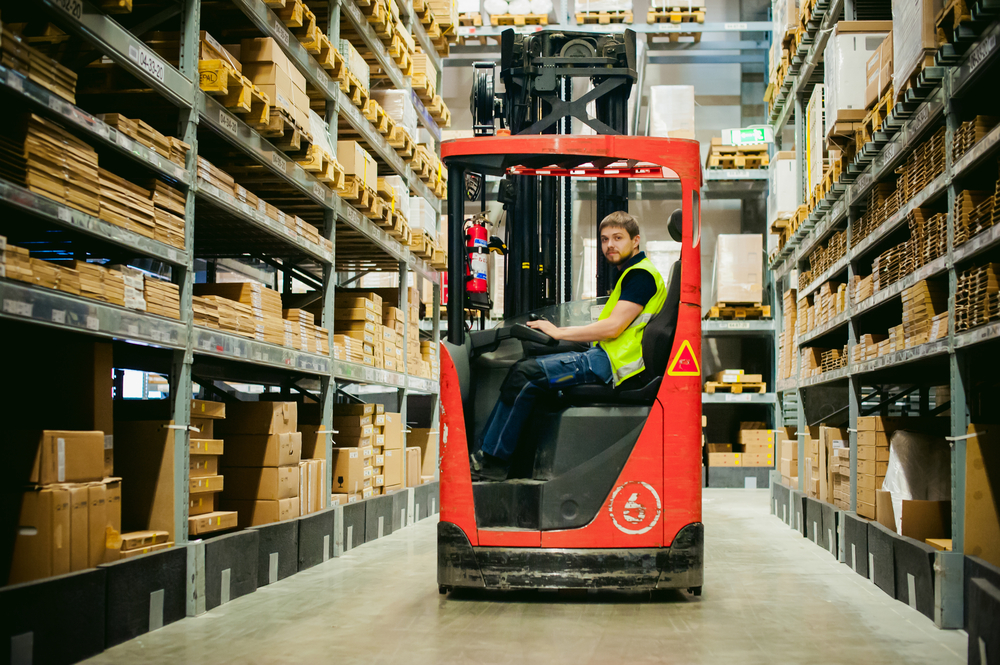
There is no specific legislation prohibiting employees from working alone. However, working alone in high-risk locations, such as warehouses where heavy machinery is used or where chemicals are stored, not only reduces the safety and security of the employees on site, but it can also put them under stress due to isolation.
While it is legal for people to work alone, the OHS laws state the general duties of employers:
“An employer shall provide and maintain so far as is reasonably practicable for employees a working environment that is safe and without risks to health.” [Section 21(1)] Occupational Health and Safety Act (2004).
All employers are legally required to establish safe working conditions for all employees, whether they are lone workers or not. It is their duty to analyse any hazards or risks at work, a task that is usually achieved through a security consultation by a commercial security specialist. Once identified, the implementation of special arrangements might be required to ensure those risks are controlled or monitored. To avoid the additional costs of rostering a second person on duty, a monitored surveillance system can be used at a fraction of the cost.
While general security concerns apply for all employees and businesses, including robbery, falls or injury, lone workers are at higher risk as they do not interact with other workers, whether they are working alone on sites, away from base or from home.
In addition to the increased risk of being targeted in robberies and violent offences, lone workers are more likely to face delays in being treated if they are injured during off peak hours. For this reason, lone worker solutions that protect against external threats are an important part of your business’ security system
The major risks we identified through long years of working in the commercial security industry include:
These might apply to lone workers as well a small group of workers working in isolated areas.
Employers should discuss any security issues with their employees who work alone, and work on addressing their concerns. Ryalex Security can design custom workplace safety systems to provide a number of additional benefits, including reduced operating costs, increased automation in premises security and direct communication to security or emergency services.
An excellent way of providing safety for lone workers is to install an access control system. These systems use either key cards, biometric scanners or coded entry pinpads to ensure that only authorised personnel can enter certain areas of your premises. For this reason, access control can be a crucial component of ensuring the health and safety of lone workers, especially during off peak hours. Access control systems make it extremely difficult for intruders to gain entry to the premises, minimising the risk of criminal activity and helping ensure lone workers feel safe in their working environment.
Installing an alarm system at your premises has a dual purpose, acting as both a deterrent and an alert mechanism. Duress alarms are an effective lone worker alert system, providing a quick and efficient signal for help in the event of an emergency. Alarm systems can be configured to alert an internal security team and/or the emergency services, providing psychological comfort to lone workers that they have a direct connection to assistance if they need it.
When it comes to lone worker monitoring systems, CCTV cameras are also extremely effective. Much like an alarm, the presence of a CCTV camera can be a deterrent to criminal activity. Moreover, CCTV cameras offer real-time monitoring capabilities, helping to identify any unauthorised people inside the premises, or another form of suspicious behaviour.
The ability of CCTV cameras to be configured with facial recognition technology makes them ideal for lone worker safety solutions. CCTV cameras can be set up to automatically identify individuals in restricted areas of the premises, and flag their access attempts to enable prompt security responses.
Security systems are only as effective as the standard to which they are maintained. Regular security system monitoring and servicing of all components ensures your premises and any lone workers will be adequately protected in an emergency. Monitoring checks you can do yourself include testing alarms, ensuring security cameras are operational, correctly positioned and clean, and updating access control systems with ID codes for new staff members and new equipment. Effective security system maintenance not only prevents malfunctions of cameras and alarms, but ensures effective lone worker safety solutions, particularly in off-peak periods when staff are most vulnerable.
Click to learn more about video verification in lone worker safety systems. Alternatively, to talk to a commercial security specialist about designing and installing a security system that ensures safety for lone workers, contact Ryalex Security today.